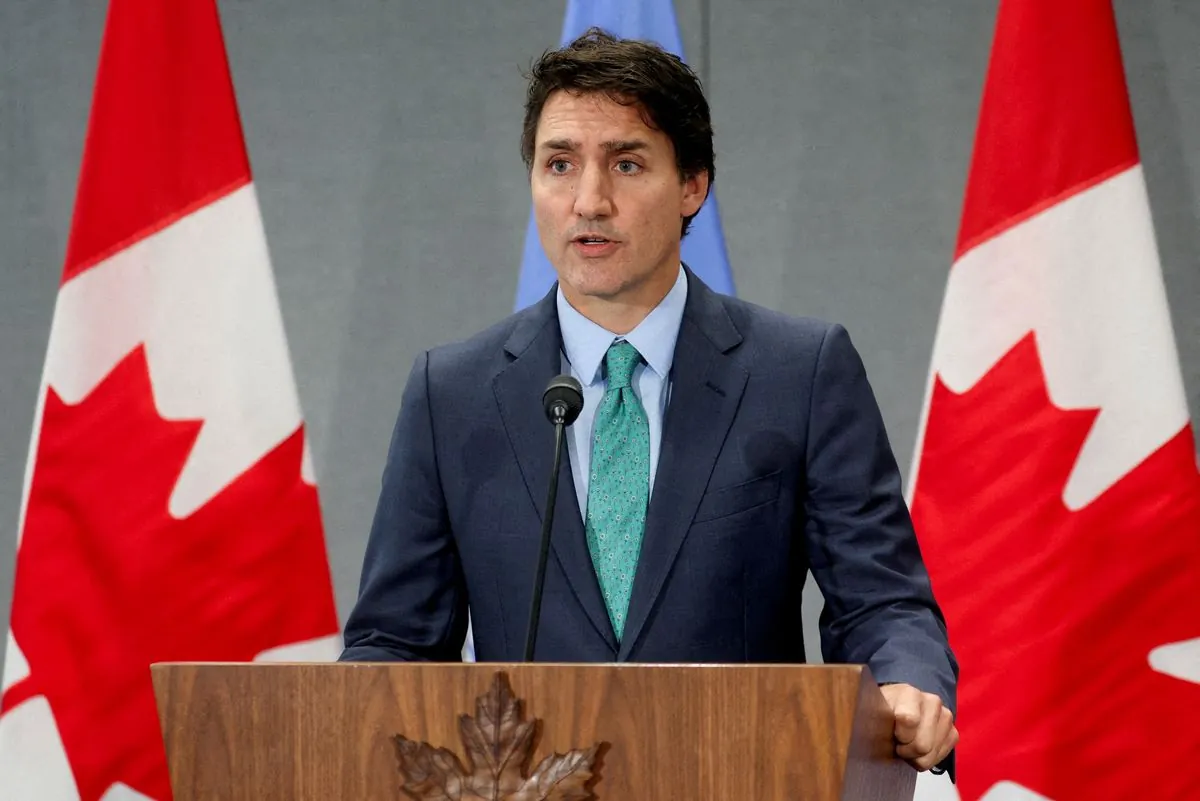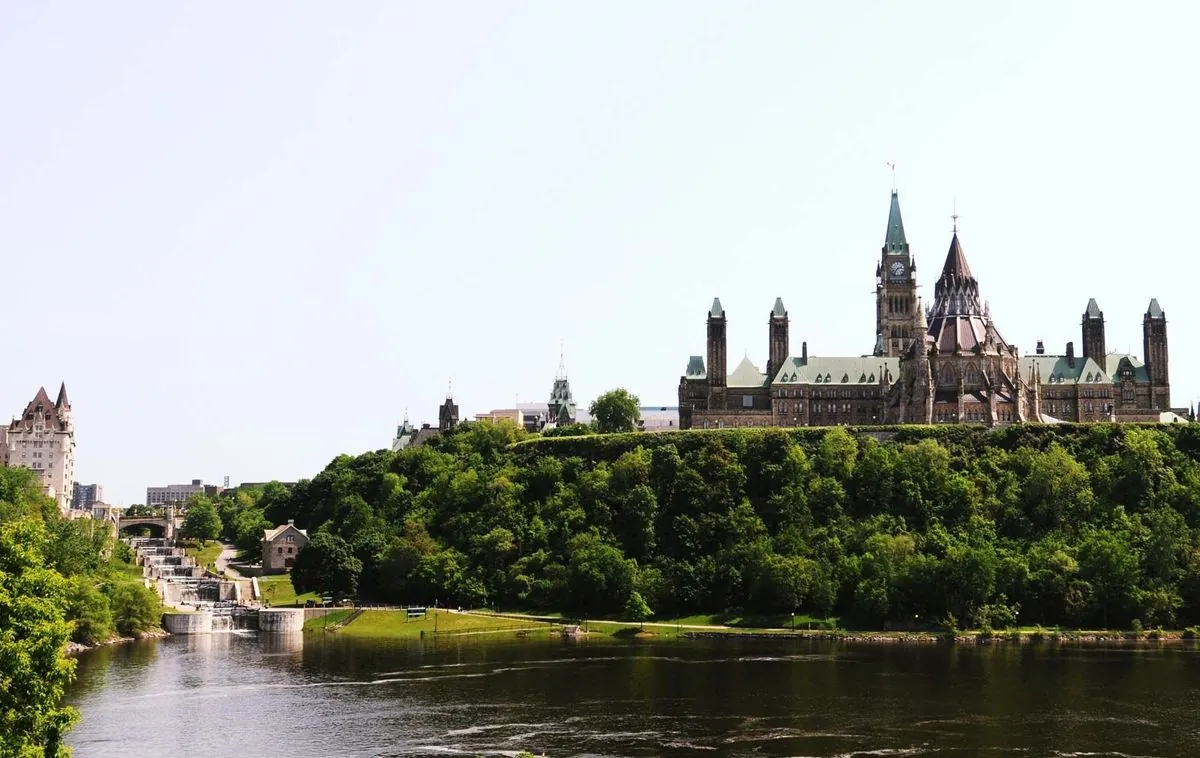Canadian PM Trudeau Faces Political Hurdle as NDP Withdraws Support
Canadian Prime Minister Justin Trudeau encounters a political challenge as the New Democratic Party withdraws its support. This move forces Trudeau to seek new alliances to maintain his minority government's stability.

In a significant political development, Justin Trudeau, the Prime Minister of Canada, faces an unexpected challenge as the New Democratic Party (NDP) withdraws its automatic support for his minority Liberal government. This decision, announced by NDP leader Jagmeet Singh, marks the end of a 2022 agreement between the two parties and forces Trudeau to seek new alliances to maintain governmental stability.
Despite this setback, Trudeau remains committed to continuing his governance and implementing social programs. He dismissed speculation about early elections, stating, "An election will come in the coming year, hopefully not until next fall, because in the meantime, we're going to deliver for Canadians." The Prime Minister made these remarks at a school where he was promoting the expansion of lunch programs.
The political landscape in Canada has become increasingly complex since Trudeau first took office in November 2015. Over the past two years, he has struggled to counter attacks from the opposition center-right Conservatives, who criticize his handling of inflation and the housing crisis. Recent polls indicate a decline in Trudeau's popularity, suggesting he would face significant challenges if an election were held now.

The NDP's decision to withdraw support leaves Trudeau reliant on other opposition lawmakers to survive confidence votes in the House of Commons. This situation highlights the intricacies of Canada's parliamentary system, where minority governments often need to form alliances to maintain power. The upcoming budget update later this year will be a crucial moment for Trudeau's government, as its rejection by legislators could trigger a new election.
Singh expressed growing frustration with Trudeau's leadership, particularly regarding the government's response to high grocery prices. In a video posted on social media, Singh declared, "Justin Trudeau has proven again and again he will always cave to corporate greed," and announced his intention to run for prime minister in the next election.
The political maneuvering reflects the multi-party system in Canada, where the Liberal Party, NDP, and Conservative Party are key players. The House of Commons, with its 338 seats, serves as the primary arena for these political dynamics. As the situation unfolds, Canadians are reminded that their Prime Minister is not directly elected by voters but is formally appointed by the Governor General.
"Liberals have led people down - they don't deserve another chance."
While the NDP has successfully pushed for social programs such as a national dental plan, polls suggest that voter fatigue has affected both the Liberals and the NDP. The Conservative leader, Pierre Poilievre, has renewed calls for an early election, describing the Liberal-NDP relationship as a coalition driving up prices for Canadians.
As the House of Commons prepares to resume work on September 16, 2024, all eyes will be on the political maneuvering that follows. The NDP has indicated it will decide on an issue-by-issue basis whether to support the Liberals on confidence votes, leaving open the possibility of continued support in critical moments.
With the next federal election required by the end of October 2025 under Canadian law, the coming months will be crucial for Trudeau's government. As the son of former Prime Minister Pierre Trudeau, Justin Trudeau's political legacy hangs in the balance as he navigates these challenging waters in Canada's complex federal system of 10 provinces and 3 territories.


































